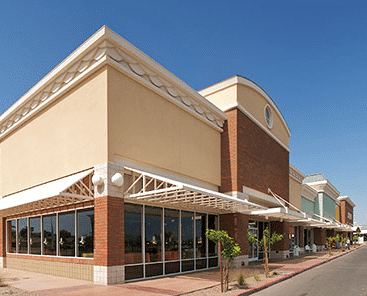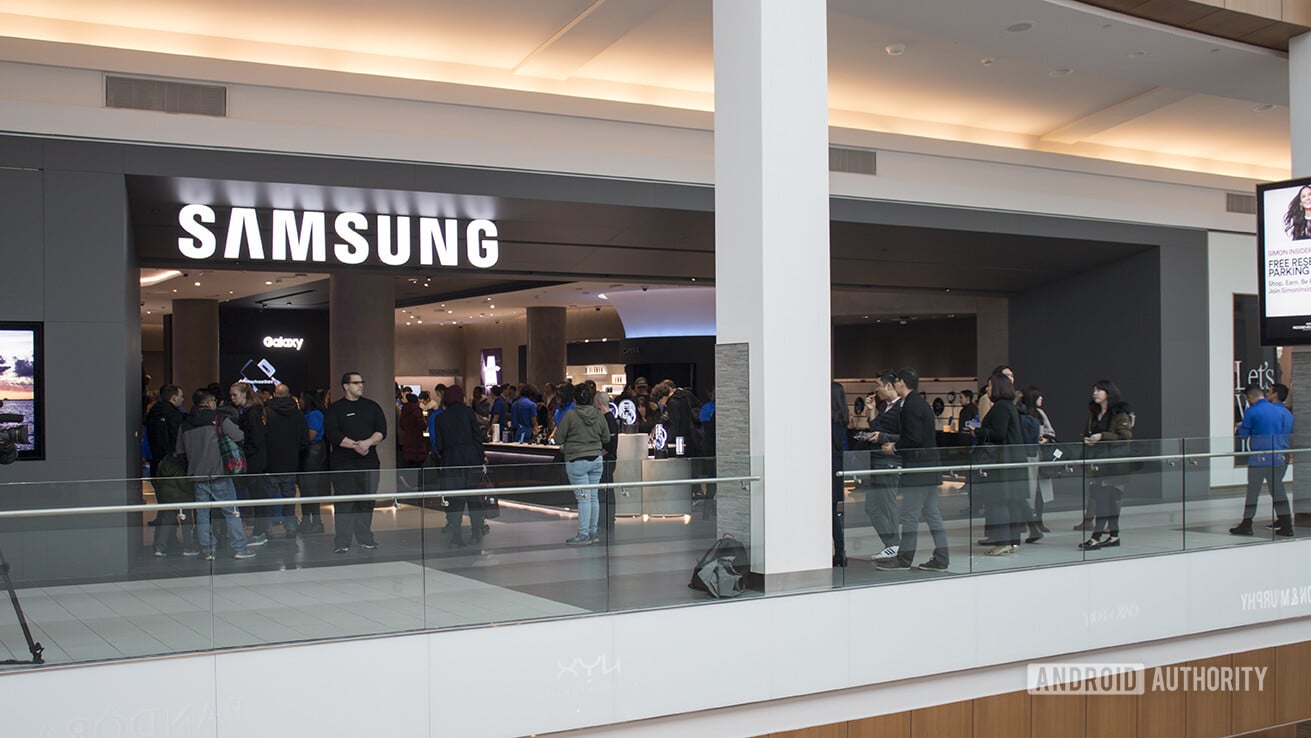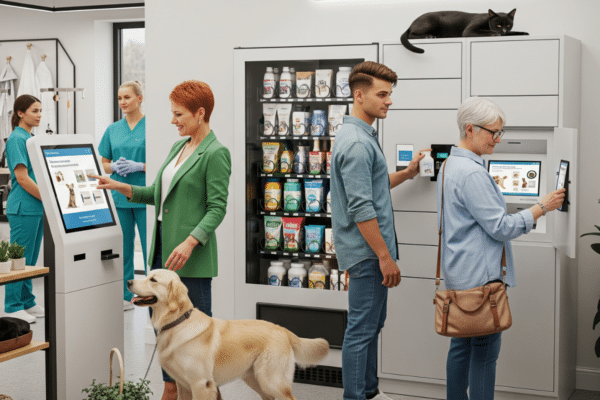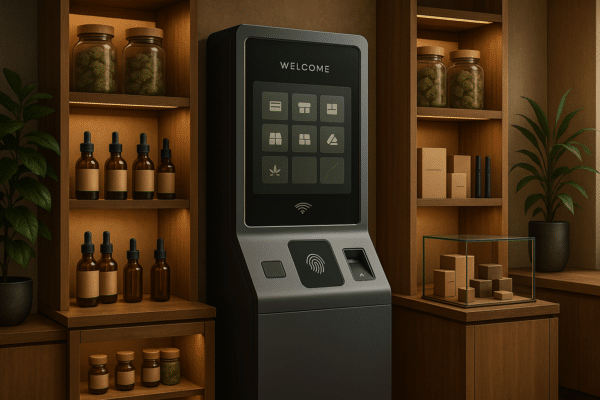
Top 5 Things to Consider When Scouting a Retail Location
Carefully selecting retail locations for your brand is integral to success. Store location largely affects brand accessibility, visibility, and overall ROI. Many companies, startups, and existing retail brands may not realize there are many resources online to expedite the process of finding a valuable retail location.

- Area demographics. Choosing a site based on appearance and proximity to company management can work occasionally, but the most successful retail locations are chosen based on demographics.A company’s product or service is usually targeted at a specific market. Look for area or location demographics that match up well with the target market for a better chance of sales. The area’s age of shoppers, income ranges, local attractions, and job sectors provide insight into whether an area will be a good candidate for a retail store. Consider these resources to learn more about demographics:
- Census.gov. This site provides information about people, jobs, and general information about cities and states.
- City-data.com. Some towns may not be listed through census.gov, but can be found on this website which aggregates data from a variety of sources. You’ll find information about weather and area crimes in this resource.
- Chambers of Commerce. Look on a city’s chamber website to learn more about specific demographics and to get a feeling for the industries and people in the area.
- Competition. A rule of thumb for business placement is to locate a storefront in close proximity to competitors. Doing so provides opportunities for crossover marketing and beating out the competition in service, prices, and layout. Look directly at competitor locations on a map and cross reference the information with available real estate.
- Accessibility/Traffic. Some stores may have a great layout and sales structure, but lose out on important sales because their storefronts are difficult to access or there isn’t enough traffic through the area. Look at parking, delivery access, and the number of consumers in an area throughout the day. It may be beneficial to scope out the site in person and talk to local consumers before making decisions regarding a location.A company can learn a lot by scanning Google Maps in areas of interest for signs of heavy traffic and street views of an area. Aside from talking to individuals who know an area, the resource provides valuable information to determine the viability of a location.
- Regulations. Companies need to be aware of local ordinances, zoning regulations, and other area restrictions. Obstacles are much easier to address when evaluated before choosing a location. Failing to do so can delay a store opening or cause legal challenges in the location startup. Search online for “city of [insert name]” and access the local city site to learn more about local regulations and zoning restrictions.
- All-in-one planning services. Many startups and existing retailers are busy completing a variety of tasks from production to management. Choosing a location is a complex process that involves more than finding an attractive storefront. Full service retail outsourcing companies like The Retail Outsource provide integral consultation and launch solutions that can simplify the location startup process.







